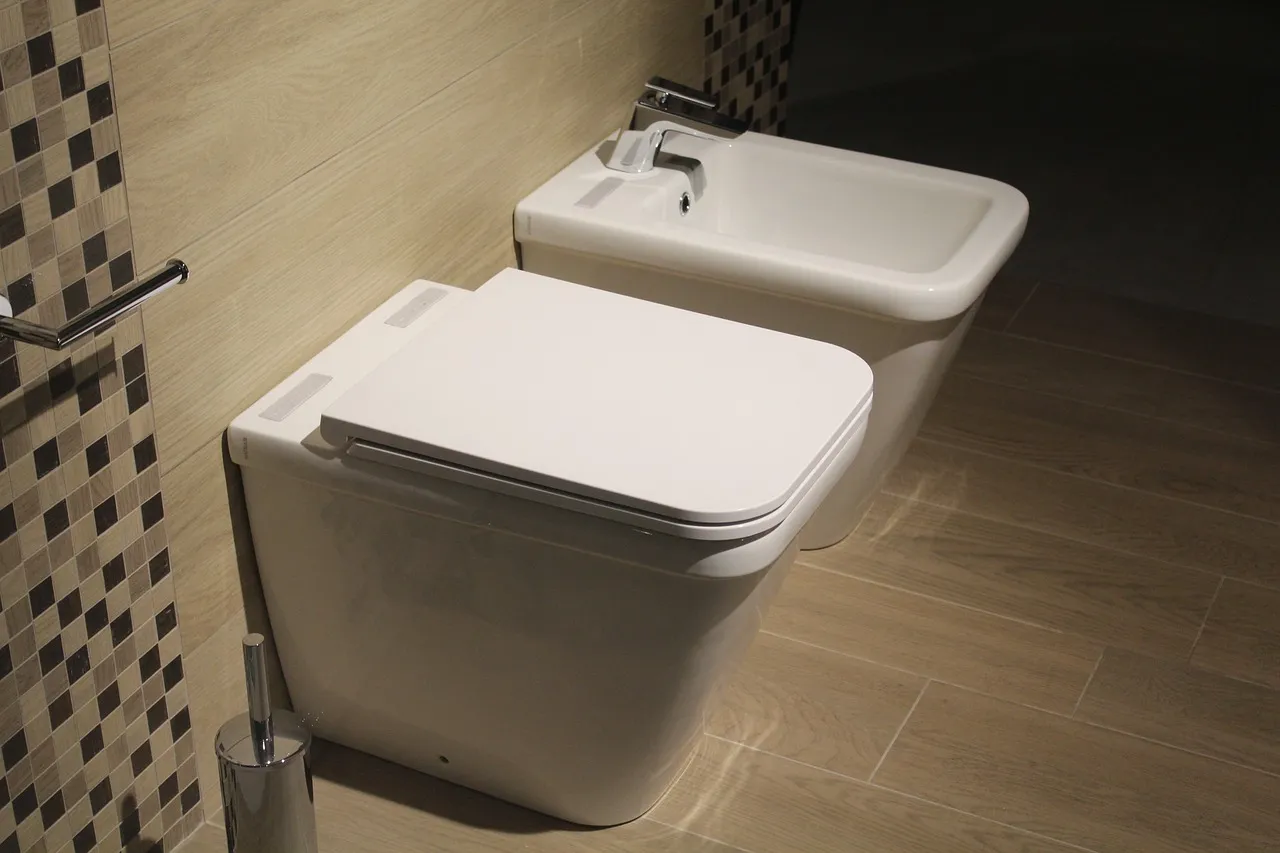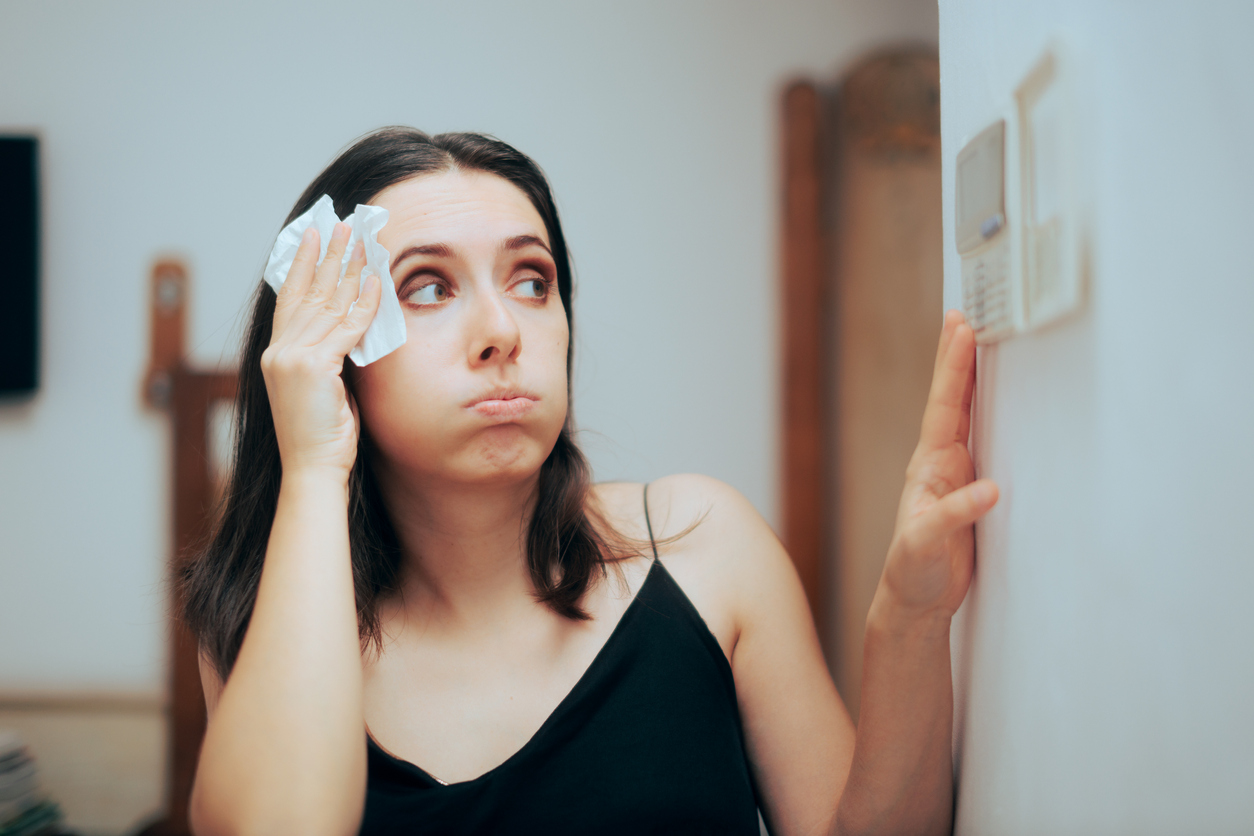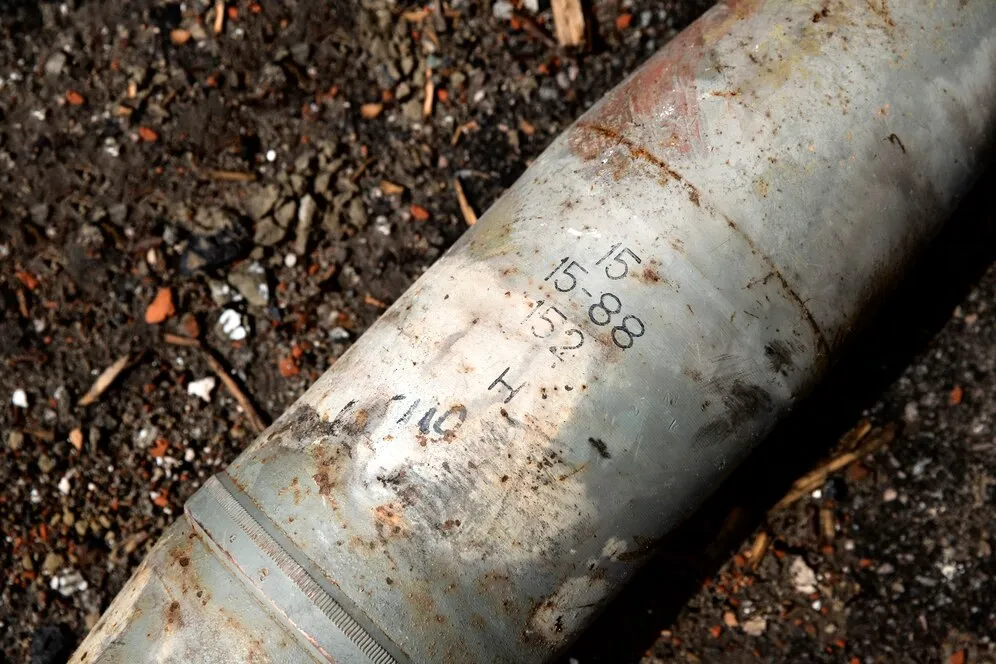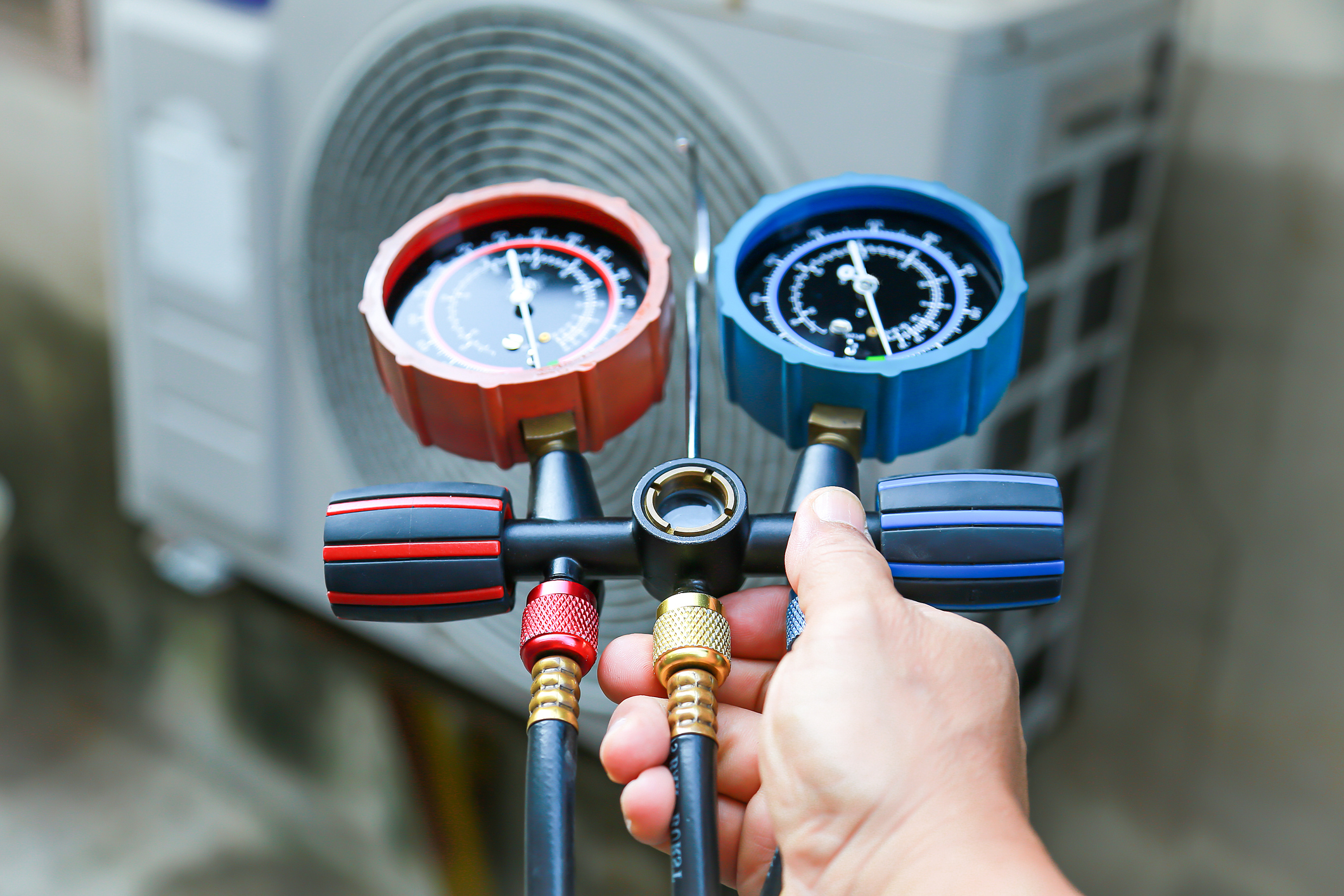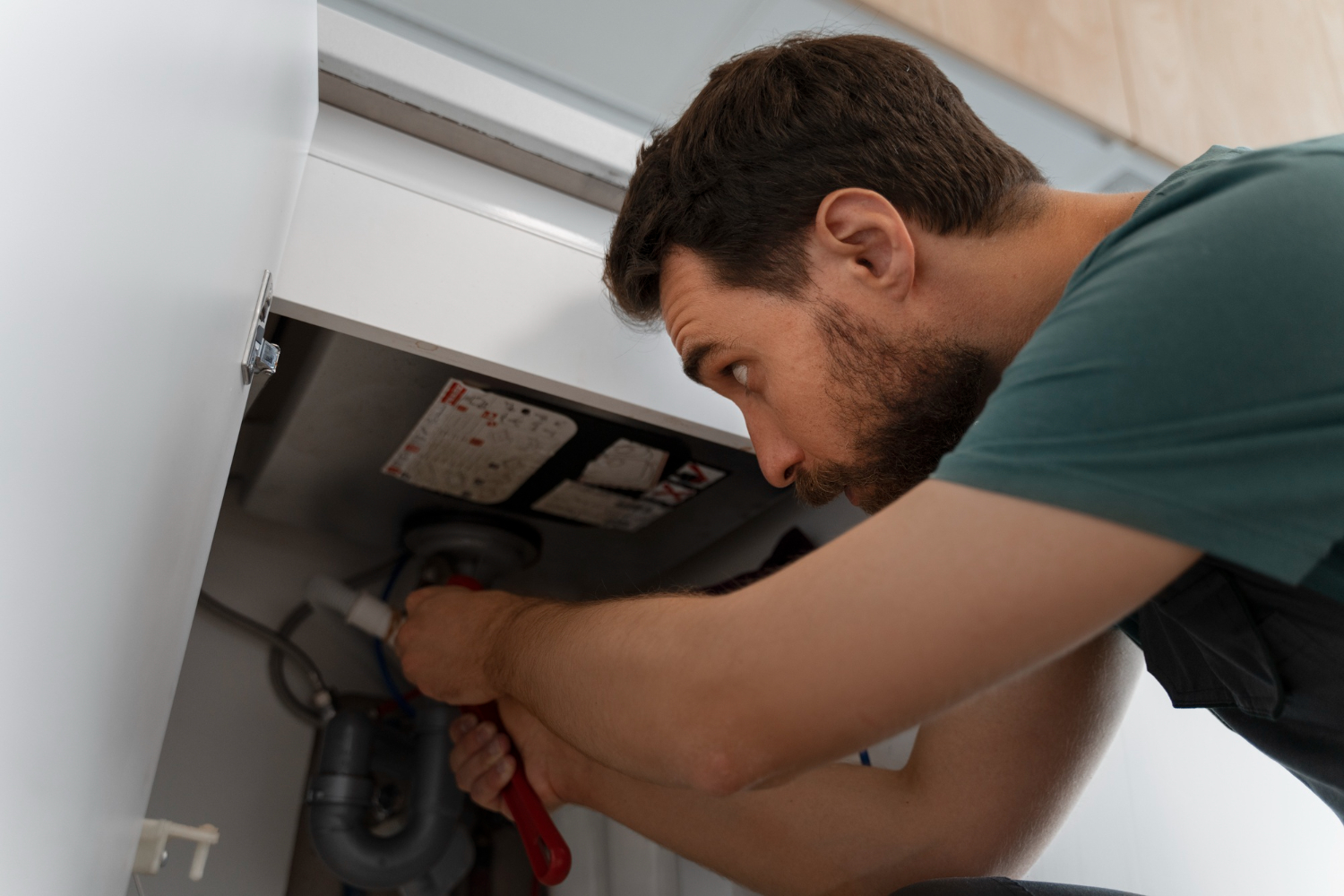Toilets are designed to handle a specific type of waste and a limited amount of toilet paper. Flushing anything else can cause significant problems for your plumbing system. Blockages, clogs, and even damage to the sewer lines can result from improper flushing. Understanding what should and shouldn’t be flushed can help you maintain a healthy plumbing system and avoid costly repairs.
Introduction to Toilet Flushing Concerns
Understanding what you should and shouldn’t flush down your toilet is essential for maintaining a healthy plumbing system. Toilets are designed to handle human waste and toilet paper. Anything else can cause significant issues. Flushing inappropriate items can lead to clogged pipes, backed-up sewage, and costly repairs.
Many people are unaware of the damage that improper flushing can cause. Items that seem harmless can build up over time, creating serious blockages. These blockages can disrupt the flow of wastewater and lead to plumbing emergencies.
Educating yourself and others about the proper disposal of various items can go a long way in preventing plumbing problems. By adhering to proper flushing guidelines, you ensure the efficiency and longevity of your home’s plumbing system.
The Impact of Improper Flushing on Plumbing Systems
Improper flushing can wreak havoc on your plumbing system. Items that do not dissolve properly can get caught in pipes, creating blockages that restrict water flow. These blockages can cause your toilet to overflow and potentially damage your home’s flooring and furnishings.
Beyond the immediate inconvenience, improper flushing can have long-term consequences. Over time, the accumulation of various items can lead to significant damage to sewer lines. Repairing or replacing these lines can be expensive and disruptive to your daily life.
Preventing these issues is simple. Stick to flushing only human waste and toilet paper. By doing so, you ensure that your plumbing system works effectively and avoid costly repairs. Our professionals can provide further guidance on maintaining your plumbing system and preventing common issues.
Common Items Flushed Down Toilets
Many people are guilty of flushing items that should not go down the toilet. These items may seem harmless, but they can cause significant plumbing problems. Some of the most commonly flushed items that should be avoided include:
- Wet Wipes: Even those labeled as flushable do not break down as toilet paper does.
- Feminine Hygiene Products: These items absorb water and expand, leading to blockages.
- Dental Floss: It can wrap around other debris, creating larger clogs.
- Paper Towels and Facial Tissues: These do not dissolve in water like toilet paper.
- Medications: Flushing drugs can harm the environment and waste treatment systems.
- Grease, Oils, and Fats: These can solidify and cause severe clogs in pipes.
By avoiding flushing these items, you can keep your plumbing system running smoothly and avoid expensive repairs.
Why You Should Never Flush Wet Wipes
Wet wipes are a major culprit in causing toilet clogs and sewer blockages. Even though some brands claim their products are flushable, they do not break down like toilet paper. Wet wipes are made from a stronger, more durable material that stays intact in water.
When flushed, wet wipes can combine with other waste materials to form large, stubborn clogs. These clogs can obstruct your pipes and cause sewage backups. Removing these blockages often requires professional intervention, which can be costly and inconvenient.
To avoid problems caused by wet wipes, dispose of them in the trash instead of flushing them. This simple step can prevent plumbing issues and keep your system running efficiently. Our technicians can offer advice on the best disposal practices for wet wipes and other common household items.
The Dangers of Flushing Feminine Hygiene Products
Feminine hygiene products, such as tampons and sanitary pads, are designed to absorb and expand when they come in contact with liquids. This makes them highly unsuitable for flushing. Once these products enter your plumbing system, they can quickly cause blockages. The expansion of these items in the pipes can restrict water flow, leading to clogs and backups.
These blockages aren’t just limited to your home’s plumbing; they can also affect the municipal sewer system. Accumulation of such products can create large obstructions that require complex and costly removal processes. Prevent these issues by disposing of feminine hygiene products in the trash. This simple step can save you from the inconvenience and expense of plumbing repairs.
Our professionals can provide guidance on proper disposal methods and help address any plumbing issues that arise from improper flushing practices. Ensuring that feminine hygiene products are thrown away rather than flushed can mitigate many plumbing problems.
How Dental Floss Can Clog Your Pipes
Flushing dental floss might seem harmless, but it can lead to significant plumbing problems. Made of non-biodegradable materials, dental floss does not dissolve in water. When flushed, it can wrap around other debris in the pipes, creating bigger and more stubborn clogs. These tangled masses can block water flow and lead to backups in your plumbing system.
Additionally, dental floss can act like a net, capturing other items that are flushed down the toilet. This can quickly escalate into a severe plumbing issue that may require professional intervention. The best way to dispose of dental floss is to throw it in the trash.
To avoid these problems, make sure to keep dental floss out of the toilet. Our technicians can offer tips on proper waste disposal to help you maintain a clog-free plumbing system. By taking simple precautions, you can prevent costly plumbing repairs.
Consequences of Flushing Paper Towels and Facial Tissues
Though paper towels and facial tissues may seem similar to toilet paper, they are not designed to dissolve in water. These products are made to be more durable and absorbent, which means they can create plumbing issues when flushed. Unlike toilet paper, they do not break down quickly, leading to potential clogs in the pipes.
When paper towels and facial tissues end up in your plumbing system, they can accumulate and cause blockages. These blockages can disrupt the flow of water and waste, resulting in slow drains, backups, and even sewage overflows. To prevent these issues, always dispose of paper towels and facial tissues in the trash.
Keeping non-dissolvable items out of your toilet protects your plumbing system from unnecessary wear and tear. Our professionals can assist you in identifying and resolving issues caused by improper flushing, ensuring your plumbing runs smoothly and efficiently.
Grease, Oils, and Fats: Hidden Plumbing Dangers
Flushing grease, oils, and fats down the toilet can create severe plumbing problems. These substances may be liquid when warm, but they quickly solidify when they cool. Once solidified, they can adhere to the inner walls of pipes, leading to significant blockages.
Grease and oils can also combine with other flushed items to form stubborn clogs. These clogs can obstruct water flow and cause backups in your plumbing system. Over time, the accumulation of grease and fat can deteriorate your pipes, potentially leading to costly repairs or replacements.
To dispose of grease, oils, and fats properly, pour them into a container and let them solidify before throwing them away in the trash. This simple practice can protect your plumbing system from severe blockages and damage. Our technicians can provide advice on maintaining your plumbing and preventing grease-related issues. By following proper disposal guidelines, you can keep your system running efficiently.
Medications: A Risk to the Environment and Plumbing
Flushing medications down the toilet may seem like a harmless method of disposal, but it poses serious risks to both the environment and your plumbing system.
Environmental Hazards:
- Water Contamination: Flushed medications can break down into harmful chemicals that contaminate water supplies. These contaminants affect aquatic life and can potentially enter the human water supply, posing health risks.
- Soil Contamination: Medications can leach into the soil, interfering with plant growth and harming wildlife habitats. This contamination disrupts the ecosystem balance over time.
Plumbing Issues:
- Chemical Reactions: Medications can react with other substances in your plumbing, leading to pipe corrosion or the formation of clogs. These reactions can necessitate costly repairs.
- Clog Formation: Pills and capsules may not dissolve completely, causing blockages in your pipes. Flushing medications is likely to lead to frequent and stubborn clogs, affecting your entire plumbing system.
Proper disposal of medications involves using approved drug take-back programs or following specific disposal guidelines recommended by local authorities. Avoid flushing medications to protect both your plumbing system and the environment.
Avoid Flushing Hair and Nail Clippings
Hair and nail clippings might seem insignificant, but they can cause substantial plumbing issues when flushed down the toilet.
Problems Caused by Hair:
- Clog Formation: Hair easily tangles and can accumulate in the pipes, creating clogs that impede water flow. Over time, this can lead to severe blockages that require professional intervention.
- Bacterial Growth: Accumulated hair catches other materials, providing a breeding ground for bacteria. This can lead to unpleasant odors and potential health hazards in your bathroom.
Nail Clipping Concerns:
- Pipe Damage: Although small, nail clippings can contribute to blockages, especially when combined with other materials. Over time, these small particles build up and cause significant plumbing issues.
- Difficult Removal: Once inside the pipes, removing nail clippings and hair requires specialized equipment and professional expertise, making DIY solutions ineffective.
Dispose of hair and nail clippings in the trash to prevent these issues. Simple changes in disposal habits can save time and money on future plumbing repairs.
The Problems with Flushing Food Waste
While it might be convenient, flushing food waste down the toilet is not a good practice and can lead to severe plumbing problems.
Effects on Plumbing:
- Blockages: Food particles do not break down easily in water and can accumulate in pipes, leading to significant blockages. Foods like rice and pasta expand when wet, exacerbating the problem.
- Foul Odors: Decomposing food in your pipes creates unpleasant odors that can permeate your home. These smells are often difficult to eradicate without professional cleaning.
Environmental Impact:
- Water Pollution: Food waste contributes to the nutrient load in wastewater, causing issues like algae blooms when untreated water is eventually released into natural water bodies. This pollution disrupts aquatic ecosystems and affects water quality.
- Stress on Sewage Systems: Excessive food waste in the sewage system increases the workload on wastewater treatment facilities. This can lead to increased operational costs and extended processing times.
It’s best to compost food waste or dispose of it in the trash. Avoid flushing it down the toilet to protect your plumbing and the environment.
How Our Professionals Can Help
When you encounter persistent plumbing problems, our professionals are here to assist.
Expert Diagnosis and Solutions:
- Thorough Inspections: Our professionals perform comprehensive inspections to identify the cause of plumbing issues, be it clogs, leaks, or other concerns. They use advanced tools and techniques to ensure accurate diagnosis.
- Effective Repairs: Whether it’s clearing blockages, repairing broken pipes, or addressing more complex issues, our technicians provide reliable and efficient solutions. They ensure your plumbing system is restored to optimal function.
Preventative Maintenance:
- Routine Checks: Regular maintenance checks help identify and resolve potential problems before they escalate. Our professionals provide routine inspections and maintenance to keep your plumbing system in top shape.
- Educational Guidance: We offer advice on best practices for maintaining your plumbing system, helping you prevent common issues like clogs and backups. This proactive approach extends the lifespan of your plumbing infrastructure.
Relying on our professionals for plumbing services ensures your system remains efficient and reliable, saving you from frequent repair costs and inconveniences.
Conclusion: Protecting Your Plumbing and the Environment
Understanding what should and shouldn’t be flushed down the toilet is vital for maintaining a healthy plumbing system and protecting the environment. Items like medications, hair, nail clippings, and food waste can lead to blockages, pipe damage, and environmental contamination. Proper disposal methods help prevent these issues, ensuring clean water and efficient plumbing.
Our professionals at EnviroSafe Plumbing, Heating, Air Conditioning, Water Treatment are dedicated to providing expert services to address and prevent plumbing problems. From thorough inspections to effective repairs and preventative maintenance, we ensure your plumbing system operates smoothly.
Ready to safeguard your plumbing system and contribute to a healthier environment? Contact us today for professional plumbing services in Clementon. Our team is committed to keeping your home’s plumbing in excellent condition. Call us now to schedule your service!


